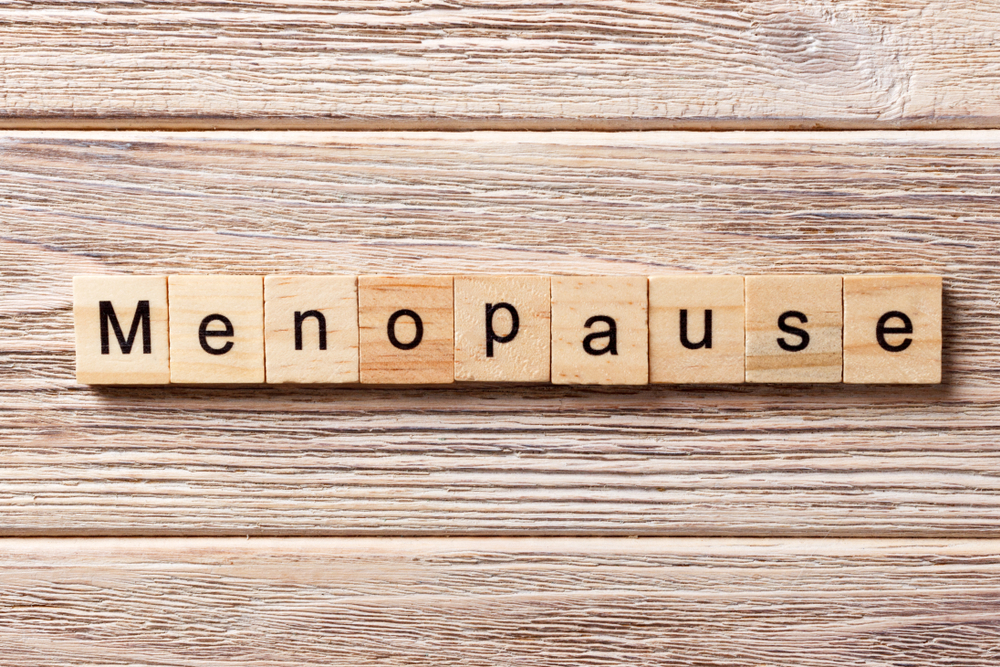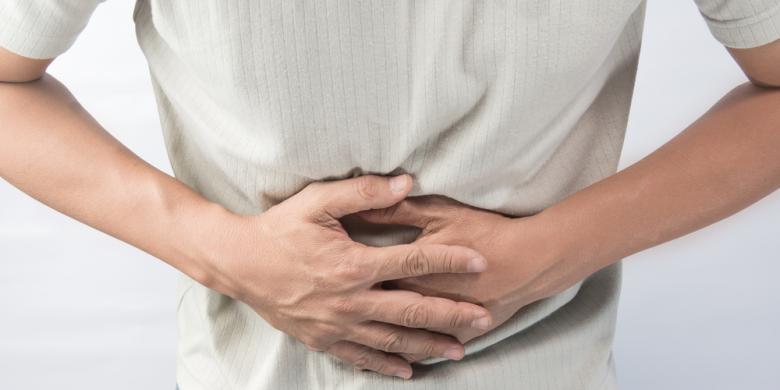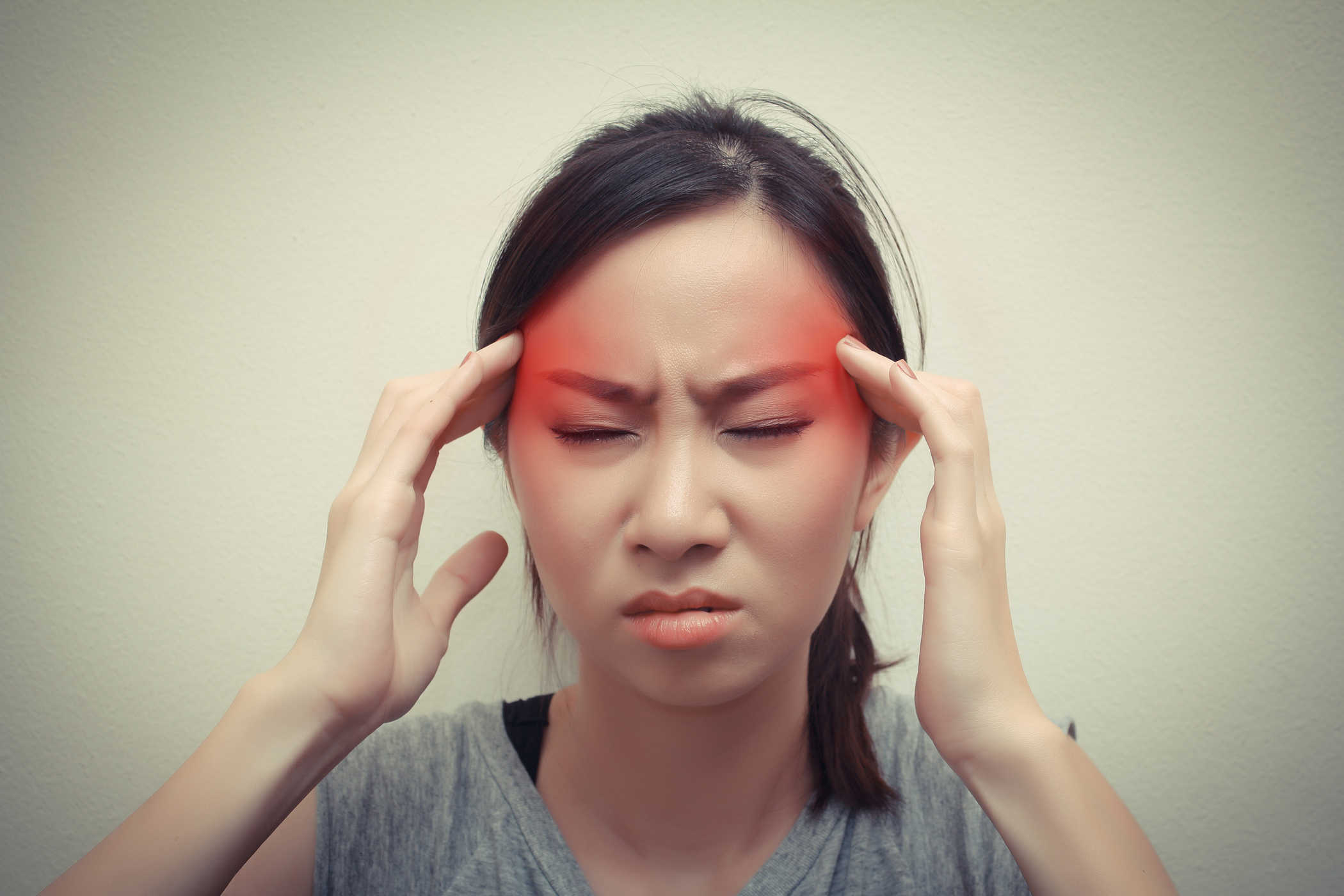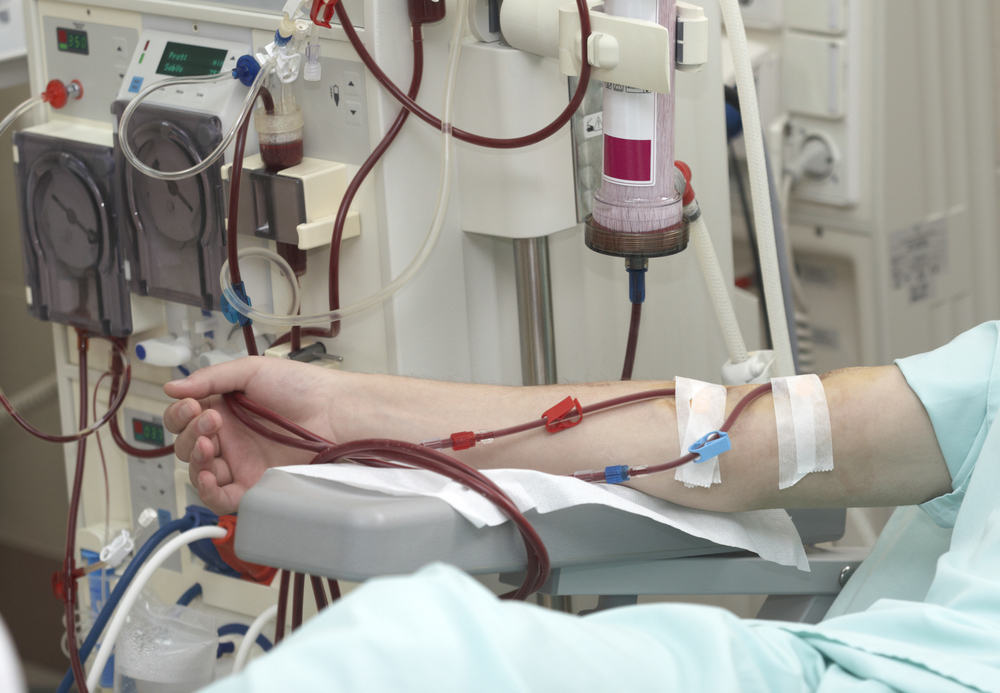Contents:
- Medical Video: Reignite Your Metabolism
- How do you eat since you influence the arrival of menopausal symptoms?
- Effects of certain foods on menopause
- Is there any effect on the age at which menopause comes with health?
Medical Video: Reignite Your Metabolism
Hot faces, mood swings, aka mood swings, and irregular periods are signs that you are entering menopause. Most women experience menopausal symptoms between the ages of 45 and 55, but others may be earlier or even late. The cause of the arrival of menopause can vary for each woman and is not yet fully known. However, a study reveals that your diet from a young age can determine at what age you will menopause.
How do you eat since you influence the arrival of menopausal symptoms?
Researchers from the University of Leeds in the UK conducted a survey of more than 14,150 women in the UK aged between 35 and 69 years. The researcher collected detailed information about each woman's reproductive history, demographics, weight history, and physical activity data. Four years later, the researcher gave a follow-up questionnaire to find out what the diet of menopausal women was like.
Of this group, around 900 women experience menopause naturally. That is, they have not menstruated for at least 12 consecutive months and menopause is not caused by cancer, surgery, or side effects of drugs.
Further analysis of the researchers found that menopausal symptoms came later to 3 years slower in women who underwent a healthy diet from fish and nuts and vegetables and fruits. Conversely, high-carbohydrate and starchy diets tend to accelerate the onset of menopausal symptoms up to 1.5 years faster than normal.
Effects of certain foods on menopause
Further research is needed to understand how certain foods can affect the body's hormonal balance and the timing of menopause. One theory argues that antioxidants found in fish and nuts can reduce the damage of ovarian follicles so that they can contribute to delaying menopause.
Conversely, foods that contain refined carbohydrates can increase the risk of insulin resistance which can interfere with sex hormone activity and increase estrogen levels. An increase in estrogen levels is a factor that can increase the number of menstrual cycles so that it drains the supply of eggs faster.
The researchers say that this research is an important step to help women understand how food nutrition can affect the health of their hormones. This research also adds a lot of evidence that what we eat can have a tremendous impact on our body's health and fitness.
Is there any effect on the age at which menopause comes with health?
Researchers believe that understanding how diet affects the timing of menopause is very important for women, especially those who are at risk or have a family history of diseases associated with menopause.
Both sooner or later, the time of menopause has its own advantages and disadvantages. Early menopause is associated with a decrease in bone density which triggers the risk of osteoporosis to an increased risk of cardiovascular disease. Meanwhile, menopause that appears late is associated with an increased risk of breast cancer, ovarian cancer, and endometrial cancer.
Delaying the onset of menopause also has several health benefits because exposure to the older hormone estrogen has a protective effect for heart, brain, bone, joint and sexual health.
However, researchers cannot recommend women to eat certain foods in order to influence the natural time of menopause.












